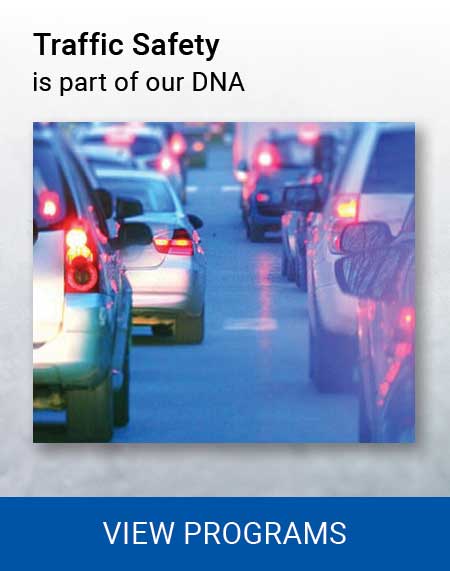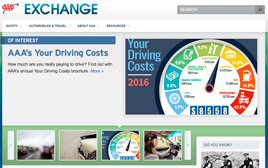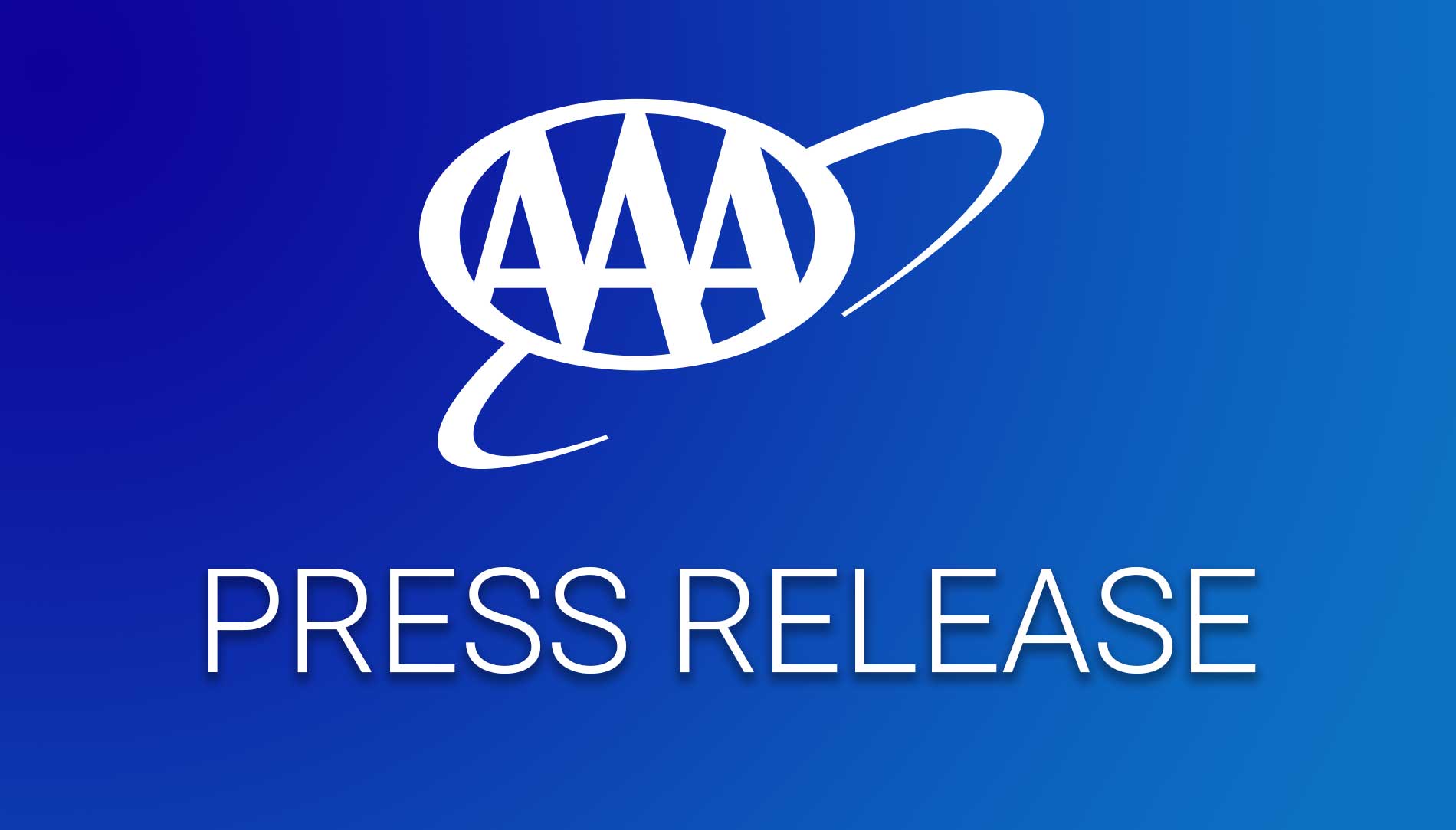Nearly One In Five Older Drivers Use Medications That Should Be Avoided
BELLEVUE, Wash. — Nearly 50 percent of older adults report using seven or more medications while remaining active drivers, according to new research from the AAA Foundation for Traffic Safety. An evaluation of the medications people are taking found that nearly 20 percent of older drivers are using medications that the American Geriatrics Society says should be avoided because they have very limited therapeutic benefit, pose excess harm or both. Drugs like these are called potentially inappropriate medications, or PIMs¹. Most of these potentially inappropriate medications, such as benzodiazepines and first-generation antihistamines, are known to cause impairing effects such as blurred vision, confusion, fatigue or incoordination, and can increase a driver’s risk for a crash by up to 300 percent².
Currently, a record 42 million adults ages 65 and older are driving on America’s roads and this number is expected to increase substantially over the next decade, which would make them the largest driving population.
“There is a growing population of older drivers who use multiple medications and likely do not realize the impact these prescriptions may have on their driving,” said Dr. David Yang, executive director of the AAA Foundation for Traffic Safety. “This new research shows that the more medications an older driver takes, the more likely they are to use an inappropriate medication that can potentially cause driving impairment.”
The AAA Foundation, along with researchers from Columbia University and the University of California, San Diego, evaluated medication reports from nearly 3,000 older drivers participating in the AAA LongROAD study. Researchers found that the most commonly reported medications used by older drivers affect driving ability and increase crash risk. These medications include:
- Cardiovascular prescriptions: Treating heart and blood vessel conditions (73 percent)
- Central nervous system agents (CNS) prescriptions: Treating parts of the nervous system, such as the brain, and includes pain medications (non-narcotics and narcotics), stimulants and anti-anxiety drugs (70 percent)
Previous research from the AAA Foundation for Traffic Safety found that fewer than 18 percent of older drivers report ever receive a warning from their health care provider about how their prescriptions impact their safety on the road. Additional data from the American Society of Health System Pharmacists shows that 34 percent of older adults are prescribed medications by more than one doctor, possibly bypassing opportunities to check how the new prescription may interact with other medications being used.
“Taking multiple medications affect all of us, but older drivers can be particularly vulnerable. Ask your doctor and pharmacist as many questions as necessary to ensure you understand why you need the medications prescribed to you, and how they can affect your driving,” said Jake Nelson, AAA director of traffic safety advocacy and research. “Don’t be afraid to question healthcare providers. It’s their job to help you. And the answers may just save your life.”
AAA urges older adults and their families to be vigilant in understanding the types of medications prescribed to them and have a strong grasp on any potential impairing side effects before getting behind the wheel. Drivers should:
- Come Prepared: Write down any vitamins, supplements and prescribed or over-the-counter medications you take, and bring that list with you to every medical appointment.
- Ask Questions: Share that medications list with your healthcare providers at each appointment, and ask about potential side effects or interactions that could affect your driving.
- Discuss Alternatives: Risks can often be reduced by taking alternative medications, changing the doses or the timing of the doses to avoid conflicts with safe driving.
To learn more about their medications, drivers can use AAA’s Roadwise Rx. It’s a free, online tool to help drivers and their families understand common side effects of prescription drugs, over-the-counter medications and herbal supplements. It also flags interactions between these medications that can impact safety behind the wheel. Print the free list and report, then discuss the confidential results with your doctor or pharmacist to learn how to mitigate possible crash risks. Drivers seeking additional ways to stay mobile or looking to drive less often due to their medications can find resources for alternative transportation at SeniorDriving.AAA.com.
About LongROAD:
Recognizing that lifestyle changes, along with innovative technologies and medical advancements will have a significant impact on the driving experiences of the baby boomer generation, the AAA Foundation for Traffic Safety has launched a ground-breaking, multi-year research program to more fully understand the driving patterns and trends of older drivers in the United States. The AAA LongROAD (Longitudinal Research on Aging Drivers) study is one of the largest and most comprehensive senior driver databases available on senior drivers incorporating 2,990 participants being followed for five years. It will support in-depth studies of senior driving and mobility to better understand risks and develop effective countermeasures.
¹American Geriatrics Society 2015 Beers Criteria Update Expert Panel (AGS Panel). (2015)
² Hill et al., 2017. https://injepijournal.springeropen.com/articles/10.1186/s40621-017-0107-x






